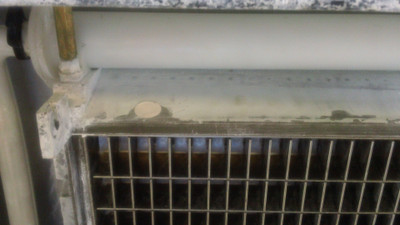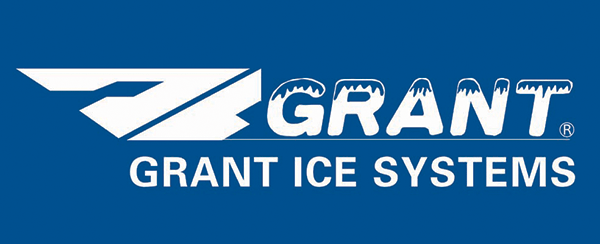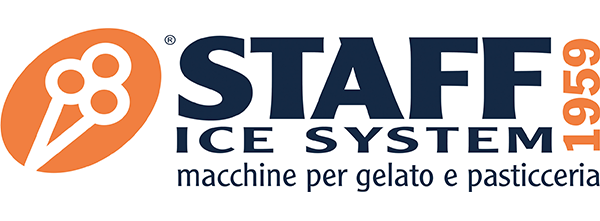Hard Water and Its Impact on Ice Machine
Coast Distributors on 5th Sep 2019
Hard Water is a term used to describe water that is high in dissolved compounds of calcium and magnesium, and sometimes other metallic elements. It is formed when water moves through soil and rock, where very small amounts of calcium and magnesium are dissolved into the water. The degree of hardness becomes greater as calcium and magnesium content increases. The term "PPM" (parts per million) is used to measure the level of hardness in water: soft 0-17.1ppm, slightly hard 17.1-60ppm, moderately hard 60-120ppm, hard 120-180ppm and very hard 180 or more ppm.
Hard Water in Australia
According to Dr Monika Fekete (Bean Scene Magazine, February 2018), below are the measures of hardness in all major cities in Australia (GH - General Hardness):
- Perth GH 81ppm
- Adelaide GH 98ppm
- Hobart GH 11ppm
- Melbourne GH 16ppm
- Canberra GH 22ppm
- Sydney GH 55ppm
- Brisbane GH 96ppm
- Darwin GH 30ppm
These statistics show that WA, SA and QLD are the top 3 states in Australia with a moderate level of hard water.
Australia has quite a unique and diverse climate. Seasons have played a huge role in increasing the levels of calcium and magnesium in Australia's water supply. In summer when there is less rainfall, more bore water is used which adds to water hardness. Did you know, according to an article by Ecosoftwater (January, 2018), Perth uses up to 40% of underground water during the hotter months. During this time, WA residents may notice the water tastes different, can leave stains, and impact their washing and cleaning processes.
Another give away you are in an area with hard water is the formation of limescale on your tapware or inside your kettle. The white residue (limescale) may cause your shower hear jets to block or leave a white paste-like substance at the bottom of your kettle. When it comes to Ice Machine Sales, Coast Distributors stands out with unbeatable prices and exceptional customer service.
Hard Water and Ice Machines
Overtime, the build-up of calcium and magnesium in your ice machine can cause your ice machine to stop producing ice. Therefore, it is crucial you understand what hard water is, how it can affect your ice machine, signs to look for and most importantly, how to prevent your ice machine from the effects of hard water.
Stay ahead of the competition with Ice Machine Sales, ensuring your business always has the perfect ice-cold solution.


Signs Your Ice Machine May Be Affected By Hard Water
- Scale build up in the ice machine
- Cloudy ice
- Foul tasting ice
- Softer ice
- Chalk-like, undissolved mineral build-up
- Brown or reddish stains in ice machine
- Decrease in ice production
How To Prevent Your Ice Machine From Scale Build-Up
1. Make sure your ice machine has a water filter
a. Depending on the quality of the water, the water filter should be replaced every 6-12 months. In some extreme areas, the water filter may need to be changed more regularly.
b. Overtime, the mineral build-up will clog the filter and cause your ice machine to stop producing ice.
2. Organise a monthly, quarterly or yearly maintenance with a licensed professional
a. They should be able to recognise any potential signs of scale build-up and take all the necessary steps in cleaning, sanitising and de-liming the ice machine.
Water Treatment Around Australia, BeanScene Magazine, 2019 https://www.beanscenemag.com.au/water-treatment-around-australia/
Hard Water by Seasons and Regions, Ecosoftwater, January 2018, http://www.ecosoftwater.com.au/uncategorized/hard-water-by-seasons-and-regions/?v=6cc98ba2045f






